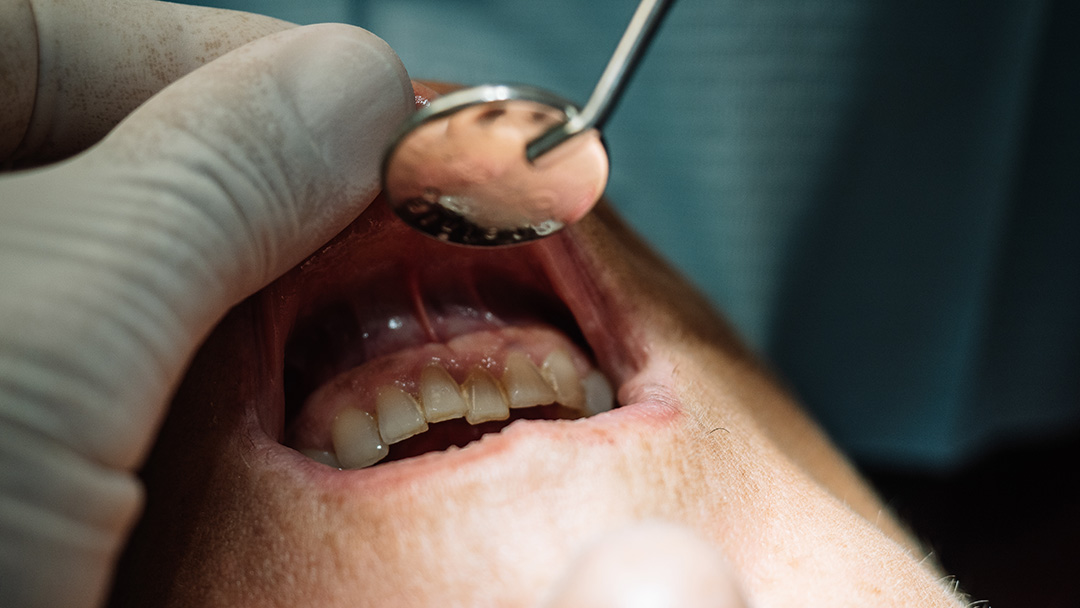
Tartar, also known as dental calculus, is a common issue that threatens oral health. If you notice a yellow or brown layer on your teeth, it might bother you. Wondering why tartar forms on teeth? You’re in the right place. This article explains the causes of tartar buildup and how to prevent it.
Tartar forms when plaque, a sticky bacterial layer, hardens on your teeth. For instance, if you don’t brush after eating, plaque builds up. Then, this plaque combines with minerals in your saliva and turns solid within days. Moreover, irregular brushing, sugary foods, or poor oral hygiene speeds up the process. As a result, tartar develops and becomes tough to remove. Areas your toothbrush can’t reach are especially prone to this buildup.
Several key factors contribute to tartar formation. First, inadequate oral care tops the list. If you skip flossing, food debris between teeth boosts plaque growth. Besides, smoking or drinking too much tea and coffee stains your teeth more easily. Plus, some people’s saliva has higher mineral content, making tartar more frequent. Genetic predisposition can also play a role in this issue.
Tartar isn’t just a cosmetic problem. For example, it can lead to gum inflammation and, if untreated, tooth loss. Additionally, it causes bad breath, affecting your social life. That’s why you should take tartar seriously.
Preventing tartar requires consistent oral care. Brush your teeth twice a day, floss, and use mouthwash to finish the routine. Also, visit your dentist every six months for a professional cleaning. This way, you stop plaque from hardening. A healthy diet helps too.
Dental tartar, if ignored, harms your oral health. So, what’s the answer to the question why does tartar form on teeth? Usually, your daily habits trigger this issue. You can prevent it by getting support from your dentist and paying attention to oral care. Take action today for a healthier smile!